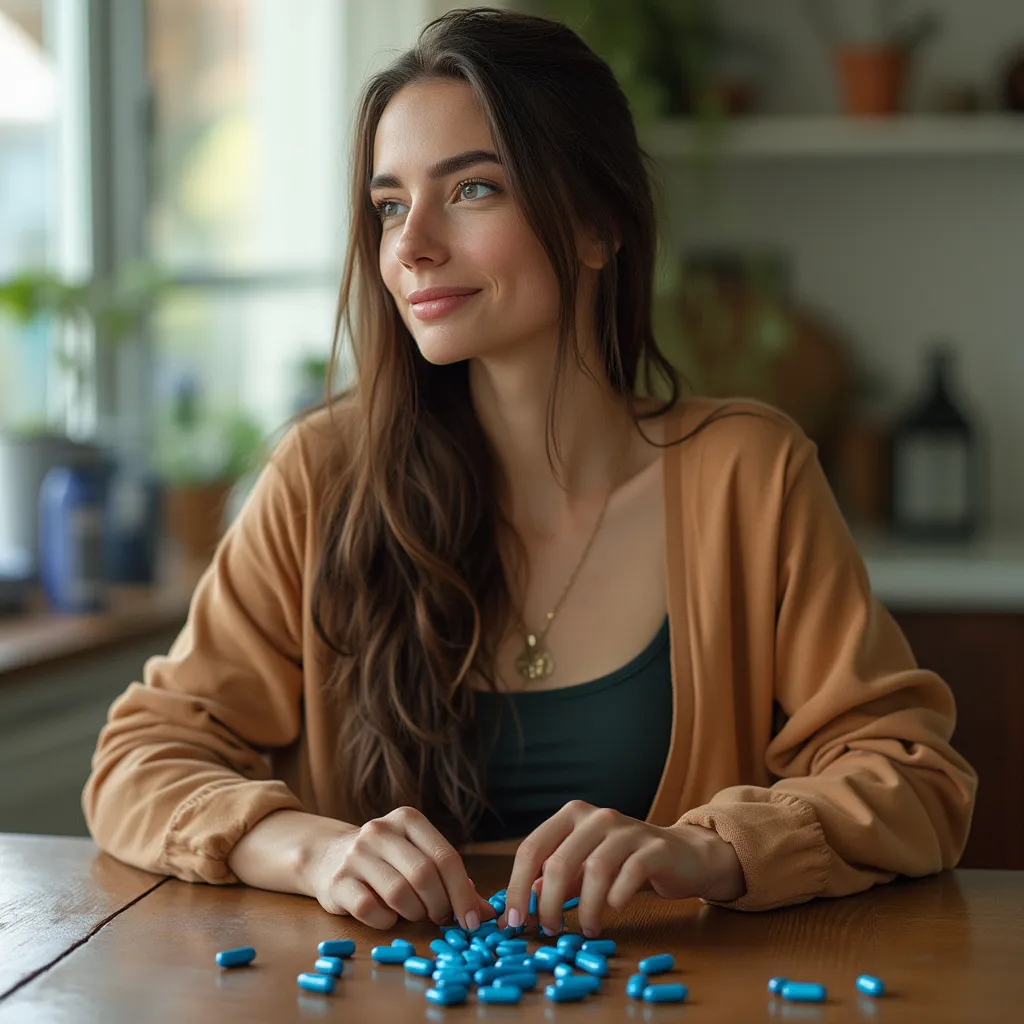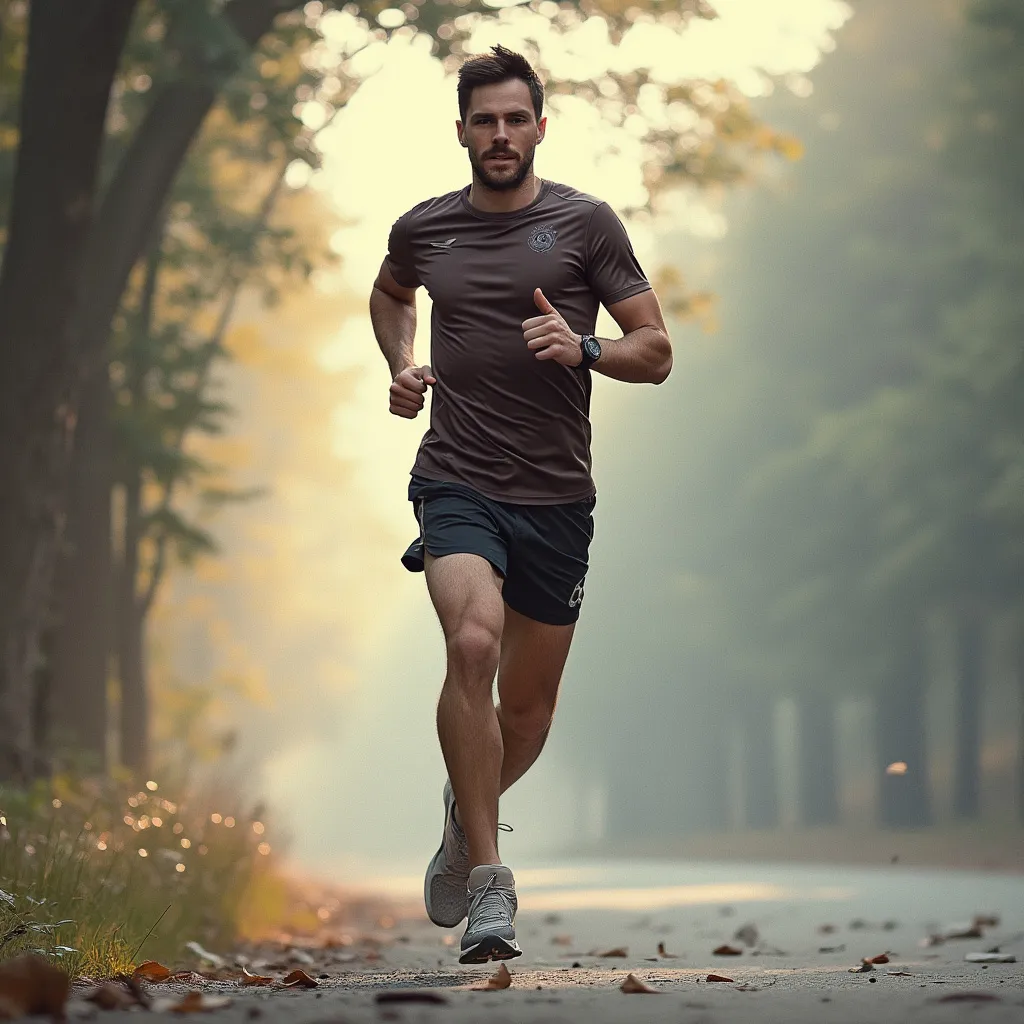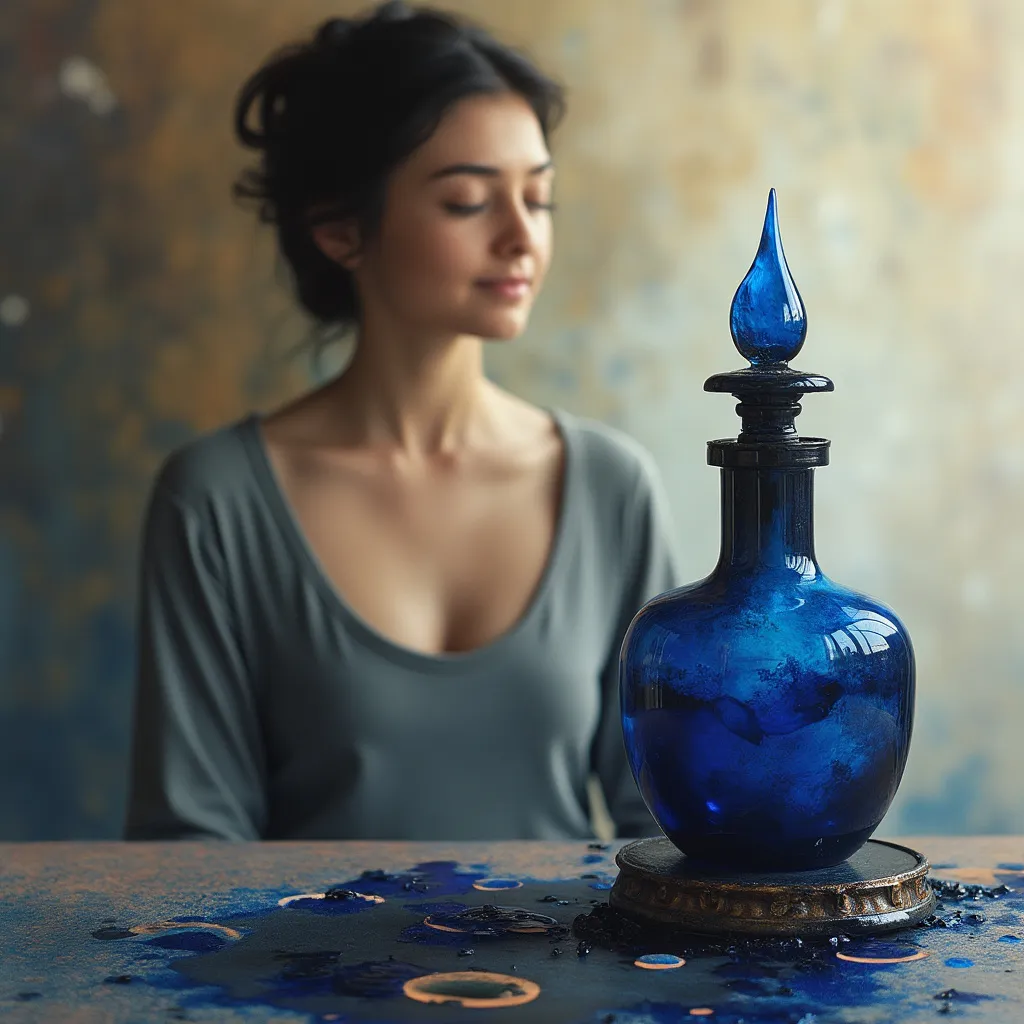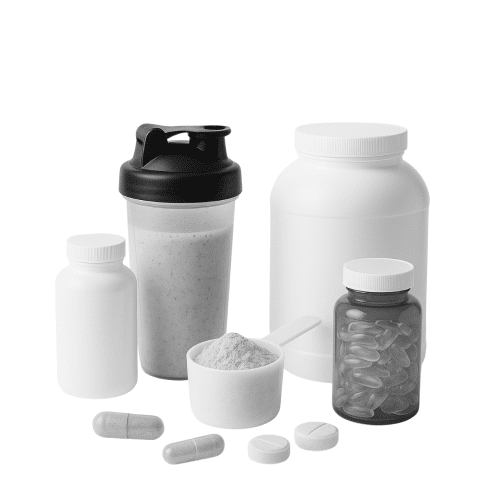7 Methylene Blue Benefits You Should Know About

How It May Support Your Brain and Body
Methylene blue, a compound with a rich history in medicine, has gained attention for its potential health benefits, particularly in cognitive function and cellular health. This article explores unique methylene blue benefits that you should be aware of, from cognitive enhancement to cellular health and beyond.
- Last Updated: July 15, 2025
-
-

Cognitive Enhancement
Methylene blue has shown promising effects on brain function, particularly in areas related to memory and attention. Its neuroprotective properties make it a subject of interest for various cognitive conditions.
- Improved memory and attention: A single oral dose of methylene blue has been shown to increase brain activity in areas controlling short-term memory and attention.
- Neuroprotective effects: Methylene blue may help in the treatment and prevention of neurodegenerative diseases like Alzheimer’s and Parkinson’s by combating oxidative stress in neurons.
- Potential treatment for cognitive impairment: It may be beneficial for conditions involving chronic cerebral hypoperfusion, such as mild cognitive impairment and vascular dementia.
These cognitive benefits highlight methylene blue’s potential as a supplement for maintaining and improving brain health, especially as we age. However, more research is needed to fully understand its long-term effects and optimal dosage for cognitive enhancement.
-
Cellular Health and Energy Production
At the cellular level, methylene blue plays a crucial role in enhancing mitochondrial function and energy production. This can have wide-ranging effects on overall health and vitality.
- Enhanced mitochondrial function: Methylene blue supports the electron transport chain in mitochondria, leading to improved ATP production and overall cellular energy.
- Antioxidant properties: Acting as a potent antioxidant, methylene blue helps protect cells from oxidative damage, potentially reducing the risk of chronic diseases.
- Improved oxygen utilization: Methylene blue enhances the body’s ability to deliver and utilize oxygen at the cellular level, supporting faster recovery and improved endurance.
-
Mood and Mental Health
Methylene blue may have positive effects on mood and mental health, offering potential support for those dealing with various psychological conditions.
- Mood stabilization: It may have mood-stabilizing effects, potentially aiding those with conditions like depression or anxiety.
- Stress reduction: By regulating neurotransmitter levels, methylene blue can help combat stress and promote a sense of calm.
While these findings are promising, it’s important to note that methylene blue shouldn’t replace prescribed medications for mental health conditions. Always consult with a healthcare professional before considering its use for mood or mental health purposes.
-
Enhanced Athletic Performance
Methylene blue offers several benefits for athletes and fitness enthusiasts, potentially revolutionizing workout routines and physical performance.
- Improved endurance: By enhancing mitochondrial function and oxygen utilization, methylene blue can increase stamina and prolong exercise duration.
- Reduced muscle fatigue: Its antioxidant properties help combat oxidative stress and lactic acid buildup, potentially delaying muscle fatigue during intense workouts.
- Faster recovery: Methylene blue may aid in post-exercise recovery by reducing inflammation and muscle damage. Its anti-inflammatory properties can help neutralize harmful free radicals and promote quicker recovery between training sessions.
- Increased ATP production: By boosting mitochondrial efficiency, methylene blue leads to increased ATP production, providing more energy for muscles during exercise. This can result in improved overall physical performance and workout intensity.
For athletes looking to enhance their performance, methylene blue presents a promising supplement.
-
Mitochondrial Health
Methylene blue plays a crucial role in cellular energy production and mitochondrial health, offering potential benefits for overall vitality and longevity.
- Enhanced ATP synthesis: By supporting the electron transport chain, methylene blue helps increase ATP production, providing more energy for various bodily functions.
- Improved oxygen utilization: Methylene blue enhances the efficiency of oxygen consumption at the cellular level. This improved efficiency can lead to better endurance and overall cellular function.
- Mitochondrial protection: Its antioxidant properties help safeguard mitochondria from oxidative damage. By reducing the buildup of reactive oxygen species (ROS), methylene blue supports the preservation of mitochondrial integrity.
- Cellular resilience: By mitigating oxidative stress and enhancing mitochondrial function, methylene blue may contribute to increased cellular resilience and potentially slow down age-related cellular decline.
The ability of methylene blue to support mitochondrial health and energy production makes it a promising compound for those interested in optimizing cellular function and potentially extending healthspan.
-
Potential Therapeutic Applications
- Cardiovascular support: Methylene blue may improve blood flow and reduce oxidative stress in blood vessels.
- Antimicrobial properties: Methylene blue has shown effectiveness against various pathogens, including bacteria and fungi. It has been used to treat urinary tract infections by acting directly on the urinary system.
- Pain management: Methylene blue has been used in pain management, particularly for discogenic back pain and refractory neuropathic pain. Studies have shown its effectiveness in controlling postoperative pain after various surgical procedures.
While these therapeutic applications are promising, it’s important to note that many are still under investigation. Methylene blue should only be used under medical supervision, especially when considered for treating specific health conditions.
-
Methylene Blue and Aging
Methylene blue has shown promising potential in combating various aspects of aging, particularly at the cellular level. This compound may help mitigate age-related decline and promote healthier aging.
- Cellular rejuvenation: Methylene blue supports cellular repair processes, which may help maintain youthful function and vitality. Studies have shown that it can reduce markers of cellular senescence, a key factor in aging.
- Skin health improvement: Methylene blue could also delay skin aging. It has been found to reduce signs of aging in human skin cells and improve water retention and thickness in 3-D models of human skin.
- Neuroprotective effects: Methylene blue has shown potential in protecting against age-related cognitive decline and neurodegenerative diseases by combating oxidative stress in neurons.
The anti-aging properties of methylene blue make it an intriguing compound for those interested in longevity and healthy aging.
-
Safety and Side Effects
While methylene blue as a liquid supplement offers numerous potential benefits, it’s crucial to understand its safety profile and possible side effects before considering its use.
- Common side effects: Methylene blue can cause temporary blue discoloration of urine and skin. Other common side effects include mild gastrointestinal discomfort, headaches, and dizziness.
- Serious reactions: In rare cases, methylene blue may cause more severe side effects such as allergic reactions, breathing difficulties, or irregular heartbeat.
- Drug interactions: Methylene blue can interact with certain medications, particularly serotonergic drugs like SSRIs, SNRIs, and MAOIs. These interactions can potentially lead to serotonin syndrome, a serious condition.
- Dosage considerations: At high doses, methylene blue can paradoxically cause methemoglobinemia, the very condition it’s often used to treat.
- Contraindications: Individuals with certain medical conditions, such as G6PD deficiency, should avoid methylene blue due to potential complications.
While methylene blue is generally considered safe when used appropriately, it’s essential to consult with a healthcare professional before using it, especially if you have existing health conditions or are taking other medications. Always adhere to recommended dosages to minimize the risk of side effects.
-













